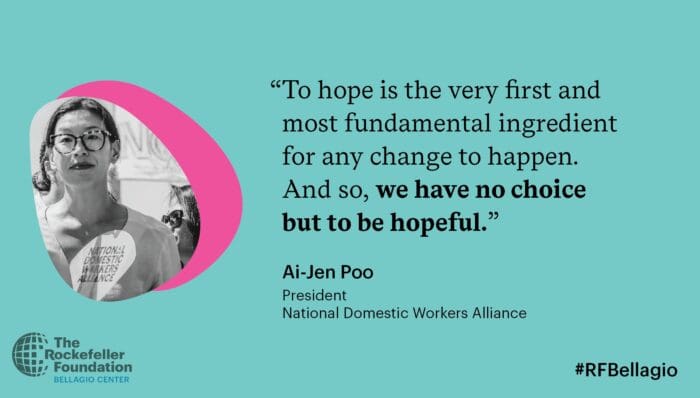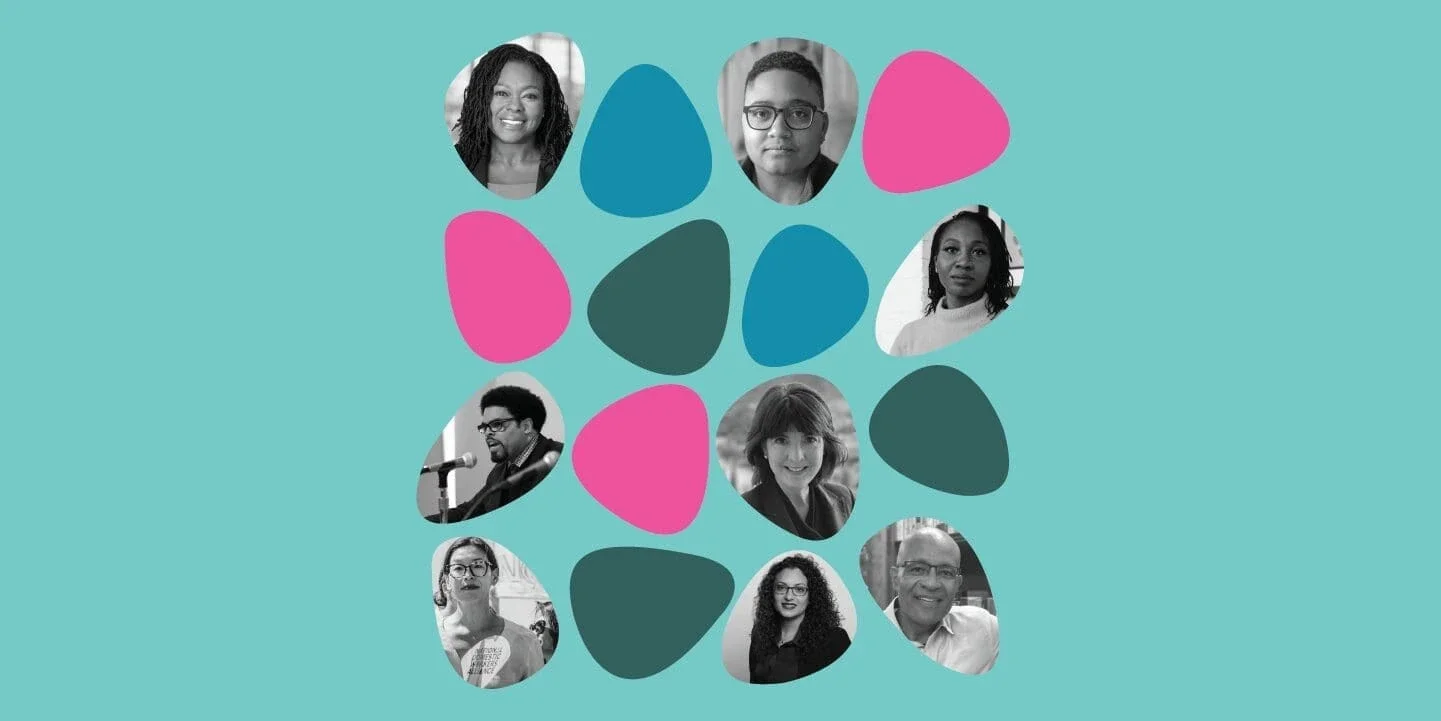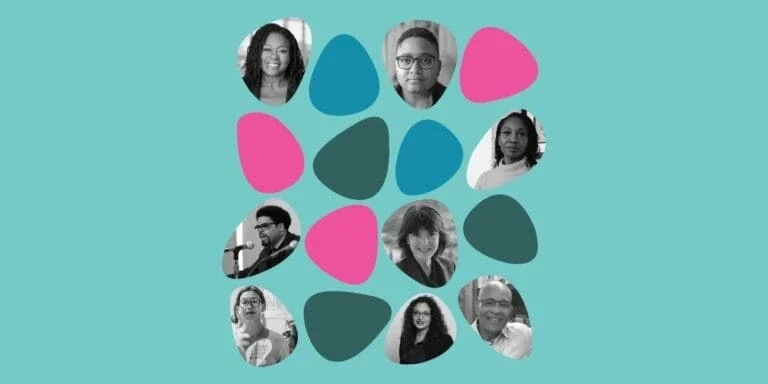Editor’s note: Ai-jen Poo comes from a long line of caregivers—her grandmother was a nurse, and her mother a doctor. As President and co-founder of the National Domestic Workers Alliance, she is fighting to make domestic and caregiving work valued and visible.
An award-winning organizer, author, and a nationally recognized expert on caregiving policy, she received a McArthur “genius” grant.
She is also the Executive Director of Caring Across Generations and co-founder of SuperMajority, as well as the author of The Age of Dignity: Preparing for the Elder Boom in a Changing America. At the Bellagio Center, she is working on another book, CARE, to share gripping personal stories and hopeful solutions from the frontlines of the caregiving movement.
How is your work helping to build a more racially and economically just society?
Growing up, I realized that women were disproportionately concentrated in positions of vulnerability and abuse, and underrepresented in positions of power and decision making.
In New York City, I started to do outreach to women in different industries. And it was always the domestic workers who came to our health fairs, our clinics, our meetings and events. They profoundly understood the vulnerability of isolation, and the power of coming together with other women.
I spent 10 years building the first multi-racial domestic workers organization in the country, Domestic Workers United. Then we started connecting with other local organizers and domestic workers in big cities who had heard of the organizing in New York.
In 2007, we decided to hold our first national meeting in Georgia. We had about 50 domestic workers and organizers from six cities and 12 organizations around the country. Right then and there we could feel the power and the promise of having a national voice for this workforce that had been so systematically disenfranchised.
We now have celebrated our fifteenth anniversary for the National Domestic Workers Alliance, and many victories along the way, including bringing 2 million homecare workers under minimum wage protections and winning domestic workers Bills of Rights in ten states and four cities.
What keeps you up at night about achieving your goals? What makes you optimistic?
What keeps me up is that I know too much about what is involved in actually making transformative change happen, and the level of transformation that is needed in our economic system and our care.
I worry that by the time we are ready to embrace a major investment in the care infrastructure, and the political stars have aligned, the policy stars have aligned, and the cultural and narrative stars have aligned, that we will have created so much human suffering unnecessarily.
But what gives me hope is that I know that change can happen. I just don’t believe people when they say it can’t. Hope, in fact, is the very first and most fundamental ingredient for any change to happen. So we have no choice but to be hopeful.
I represent a group of workers who have just endured. They show up, and they care, every single day, no matter what. Their job is to nurture the human potential of babies and make sure that our parents and our grandparents who are disabled can live with dignity and independence, and loved ones can actually live full lives.
They know that their work is incredibly important, even though every signal from society tells them it’s not. If that’s not hopeful in terms of the power and the human capacity to make things happen, I don’t know what is.

What breakthroughs do you envision needing to happen by 2050 for us to arrive at the racially and economically just society that you envision?
I think we need two levels of breakthrough. One is at the public policy level. Our elected leaders need to understand that they need to invest in our caregiving infrastructure and in the care economy as a vital and fundamental ingredient to a thriving future economy.
That means affordable accessible childcare for all parents. It means paid family and medical leave. And it means aging and disability care.
The president of the United States actually made investing in the care economy a core pillar of his economic agenda. The next step is for Congress to act.
And then the other piece of this is a cultural breakthrough. We need to collectively support the idea that care is valuable, that care is a shared need, and that we deserve to be supported in the care of our families, instead of feeling like a constant failure because we can’t afford it, or manage it, or find the right care.
Learn More: Read The Age of Dignity: Preparing for the Elder Boom in a Changing America, and follow Ai-jen on Twitter.

